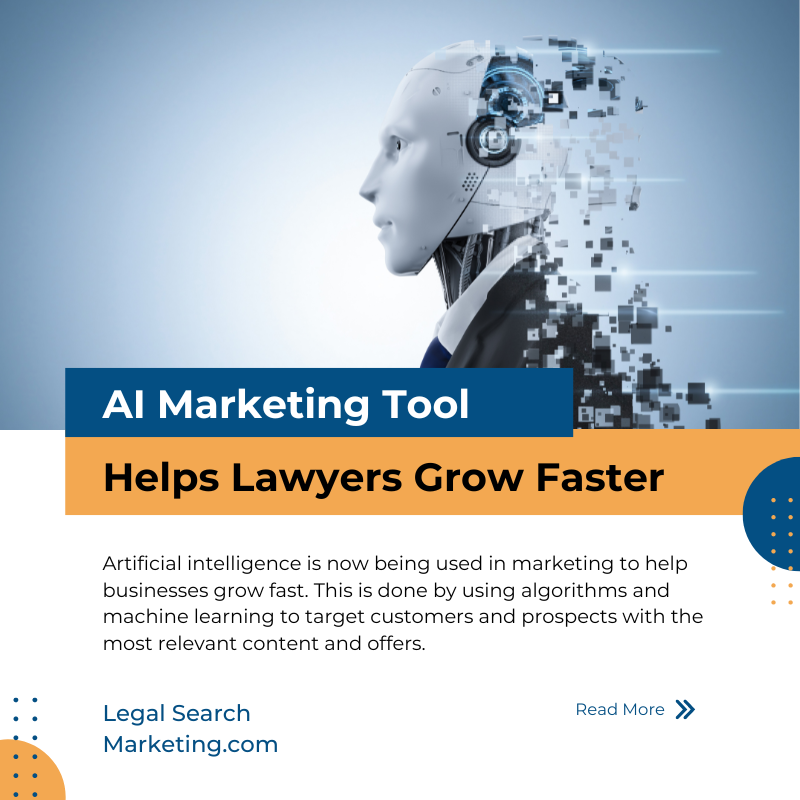AI & Legal Research: Artificial Intelligence Tools
Have you ever wondered how artificial intelligence (AI) is transforming the field of legal research and documentation? In today’s fast-paced and technology-driven world, AI is playing an increasingly important role in assisting lawyers and law firms with their research endeavors.
From analyzing vast amounts of data to producing accurate and efficient legal documentation, AI is revolutionizing the way legal professionals work. In this article, we will delve into the various ways in which AI is being used in legal research and documentation, and explore how it can benefit lawyers and law firms in their practice.
When it comes to legal research, AI is capable of analyzing and processing large volumes of legal information in a fraction of the time it would take a human researcher. With AI-powered tools, you can quickly and accurately search through legal databases, case law, statutes, regulations, and other legal documents to find the most relevant information for your case.
AI algorithms can identify patterns, correlations, and connections that may not be immediately apparent to human researchers, helping you uncover valuable insights and legal precedents that can strengthen your arguments.

Additionally, AI can assist in the creation of legal documentation by automating repetitive and time-consuming tasks. From drafting contracts and legal briefs to reviewing and editing documents, AI tools can streamline the process and reduce the chances of error. AI-powered software can generate customized legal documents based on your specific needs and provide suggestions for improvements or potential legal risks. This not only saves time but also ensures the accuracy and consistency of your legal documentation.
In conclusion, AI has become an invaluable tool for lawyers and law firms in the realm of legal research and documentation. By harnessing the power of AI, legal professionals can access vast amounts of information, uncover hidden insights, and streamline their document creation process.
The use of AI in the legal field is only expected to grow, and embracing this technology can give lawyers and law firms a competitive edge. So, stay tuned as we explore the various applications of AI in the legal industry throughout this article. And now, for a lighthearted joke to end on a high note: “Why did the lawyer bring AI to court? Because it always knows the ‘objection’!”
Introduction
Artificial Intelligence (AI) has revolutionized various industries by streamlining processes and enhancing decision-making capabilities. The legal field is no exception to this technology-driven transformation. AI has become an indispensable tool for legal professionals, assisting in legal research and documentation. In this article, we will explore the understanding, application, benefits, challenges, and future prospects of AI in legal research and documentation.
Understanding AI
Before delving into the role of AI in legal research, it is important to have a clear understanding of what AI is. AI refers to the simulation of human intelligence in machines programmed to think and learn like humans. It encompasses various techniques such as machine learning, natural language processing, and predictive analytics, which enable machines to process and analyze vast amounts of data, understand human language, and make accurate predictions.

Application of AI in Legal Research
The application of AI in legal research has opened new possibilities for lawyers and law firms. Here are three key areas where AI is being extensively utilized:
1. Automated Document Analysis
Legal cases involve a significant amount of documentation, making it a tedious and time-consuming process for legal professionals to analyze and extract relevant information. AI-powered tools can automate document analysis by quickly scanning and categorizing documents, highlighting key points, and extracting relevant data. This not only saves time but also improves accuracy in document review.
2. Predictive Analytics
AI algorithms can analyze historical case data and patterns to predict the outcomes of ongoing or upcoming legal cases. This helps lawyers make informed decisions and devise effective legal strategies. By using predictive analytics, legal professionals can assess the strengths and weaknesses of their cases, identify potential risks, and better manage their clients’ expectations.
3. Natural Language Processing
Understanding and analyzing legal texts is a crucial part of legal research. AI, specifically natural language processing (NLP), enables machines to comprehend and interpret legal language. NLP algorithms can extract relevant information from legal texts, such as case laws, statutes, and legal opinions, providing lawyers with valuable insights and reducing the time spent on manual research.
Benefits of AI in Legal Research
The integration of AI in legal research offers several benefits to lawyers and law firms. Here are three significant advantages:
1. Time Efficiency
AI-powered tools automate repetitive tasks, enabling legal professionals to save time and focus on more complex and strategic activities. By leveraging AI, lawyers can expedite legal research, document analysis, and contract review, leading to faster delivery of legal services.
2. Improved Accuracy
AI algorithms are designed to analyze data with precision and accuracy. They can detect patterns, anomalies, and correlations in vast amounts of legal information that would otherwise be challenging for humans to identify. Improved accuracy in legal research helps lawyers build stronger cases and provide more reliable advice to their clients.
3. Cost Reduction
Traditionally, legal research involved hiring large teams of associates to manually review documents and conduct research. By harnessing the power of AI, law firms can reduce their reliance on human resources, resulting in substantial cost savings. AI-powered tools provide cost-effective solutions for legal research and documentation, benefiting both law firms and their clients.

Challenges and Limitations of AI in Legal Research
While AI offers immense potential in legal research, there are certain challenges and limitations that need to be addressed. Here are three key considerations:
1. Data Privacy Concerns
The use of AI in legal research involves the processing of sensitive and confidential information. This raises concerns about data privacy and security. Law firms must ensure that AI tools comply with data protection regulations and implement robust security measures to safeguard client information.
2. Ethical Considerations
AI algorithms rely on historical data to make predictions and recommendations. However, this data may be biased or discriminatory, leading to potential ethical and legal implications. Legal professionals need to critically evaluate the ethical implications of relying solely on AI-generated insights and ensure fairness in their decision-making processes.
3. Reliance on Pre-existing Data
AI algorithms require vast amounts of data to train and learn from. In the legal field, the availability of comprehensive and unbiased data poses a challenge. AI tools heavily rely on pre-existing data, which may not always capture the complex and ever-evolving nature of legal cases. This limitation calls for continuous monitoring and evaluation of AI-generated results by legal professionals.

AI Tools for Legal Research and Documentation
Several AI tools have emerged to address the specific needs of legal research and documentation. Here are three notable AI tools:
1. E-discovery Platforms
E-discovery platforms leverage AI algorithms to streamline the process of electronically searching and reviewing documents. These platforms can efficiently analyze large volumes of digital data, including emails, contracts, and other electronic documents, to identify relevant information for legal cases.
2. Legal Document Automation Software
Legal document automation software simplifies and accelerates the process of creating legal documents. These tools use AI algorithms to generate standardized legal documents based on predefined templates, reducing the time and effort required to draft contracts, agreements, and other legal paperwork.
3. Case Prediction Software
Case prediction software employs AI techniques to predict the outcomes of legal cases based on historical data and patterns. These tools assist lawyers in assessing the likelihood of success in their cases, allowing them to make informed decisions and allocate resources effectively.
Implementing AI in Legal Practices
To effectively implement AI in legal practices, certain considerations must be taken into account. Here are three key steps:
1. Training and Education
Legal professionals need to acquire the necessary knowledge and skills to effectively utilize AI tools. Training programs and continuing education initiatives should be implemented to familiarize lawyers with AI concepts and equip them with the necessary expertise to leverage AI for legal research and documentation.
2. Integration with Existing Systems
AI tools should seamlessly integrate with existing legal systems and workflows. Law firms should ensure that AI technology is compatible with their current tools and processes, minimizing disruption and maximizing efficiency.
3. Regulatory Compliance
AI applications in the legal field should adhere to regulatory frameworks and ethical guidelines. Law firms must ensure that the use of AI in legal research and documentation complies with legal and ethical standards, safeguarding client confidentiality and upholding the principles of the legal profession.
Future of AI in Legal Research
The future of AI in legal research holds tremendous potential. As AI technology continues to advance, we can expect further developments in areas such as automated legal drafting, intelligent legal assistants, and even AI-powered virtual judges for dispute resolution. The integration of AI in legal research will continue to enhance efficiency, accuracy, and innovation within the legal profession.
Artificial Intelligence Services for Law Firms
🤖 Top AI Services for Lawyers
🤖 AI Chatbot for Lawyers
🤖 AI Automations for Lawyers



